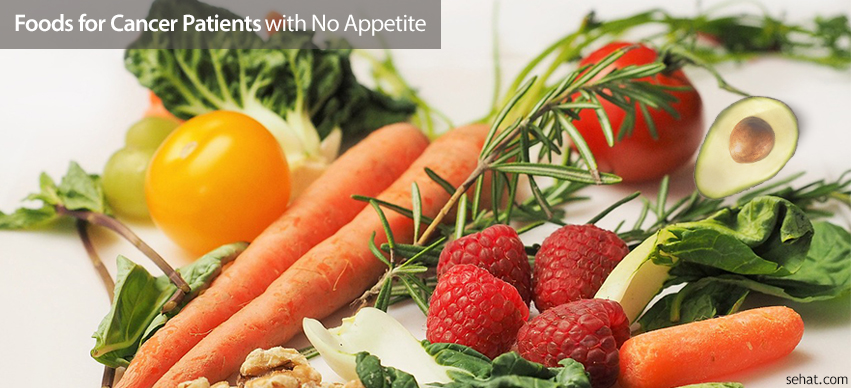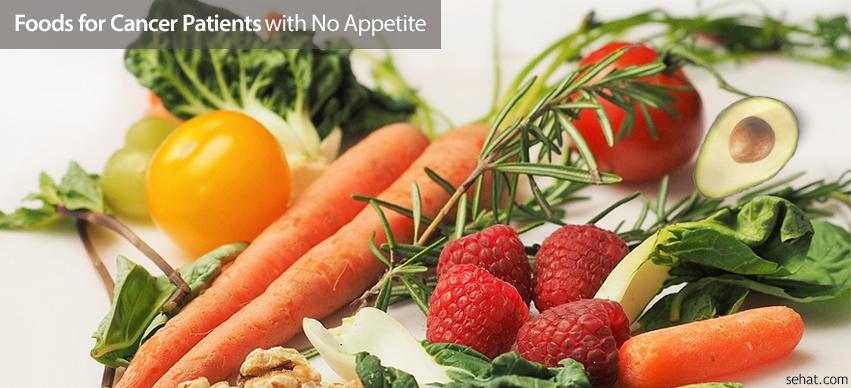What is Tempeh? Nutrition, Health Benefits, How to eat
4 Min Read


A person who is diagnosed with cancer tends to undergo several changes on their physical, mental and emotional planes. Loss of appetite is a fairly common problem in cancer patients. It could be simply due to cancer of the gastrointestinal tract, biliary tree or it could be a side effect of chemotherapy or radiotherapy.
The condition of loss of appetite, as a result, is called “cachexia†in medical terminology. Side effects of cancer medications which can cause gastrointestinal disturbances to include:
Several institutes are now using an integrated approach towards cancer patients which involves conventional therapy, alternative medications like homeopathy or Ayurveda to counter side effects and appropriate advice regarding diet and exercise to prevent cancer patients from undergoing muscle wasting.
Maintaining a good nutritional balance can be relatively difficult for cancer patients with loss of appetite. Foods for each cancer patient with no appetite are generally advised keeping in mind individual choices and preferences.
These can be eaten completely or mashed. Bananas make a suitable food choice for patients who face difficulties in chewing or swallowing. Bananas are also a great source of vitamins and potassium which are necessary for muscles.
Carrots are rich in anti-oxidants, especially beta-carotene and vitamin C which enable healing.
These include green leafy vegetables such as broccoli, cabbage, spinach, celery, and cauliflower. Cruciferous foods are rich in vitamin C, nutrients and minerals such as iron and therefore work as ideal food substances for cancer patients with no appetite. These foods also enhance the process of healing and recovery and are known to prevent the risk of relapses.
Foods such as tomatoes, lemons, oranges, grapes, grapefruit, and Indian gooseberry contain citric acid which is rich in antioxidants and vitamin C. they are known to increase gastric juice secretion which enhances the process of digestion.
Pears are rich in vitamins B, C, E and K, and potassium. It is one of the best natural appetizers for cancer patients and therefore patients are advised to include this fruit in their diet.
Proteins are important for the body to carry out all of its normal functioning. This is because proteins are important constituents of hormones and enzymes. It is also important for the process of growth and repair in the body.
Proteins can be taken in the form of supplements or through natural sources such as:
Apart from specific foods which can work as natural appetite stimulants for cancer patients, the physician or dietician may also recommend vitamin or mineral supplements or medications which increase appetite in cancer patients and also make up for the deficit in the diet.
The above-mentioned list of foods simply gives a brief idea of what kind of foods and in what way can be given to cancer patients with no appetite. Some foods work as appetite stimulants, whereas some help to keep the patient full.
Educating cancer patients about their disease condition, providing encouragement to eat and telling the patients how diet is an important factor to promote healing along with appropriate counseling of relatives also goes a long way in tackling this issue in cancer patients.